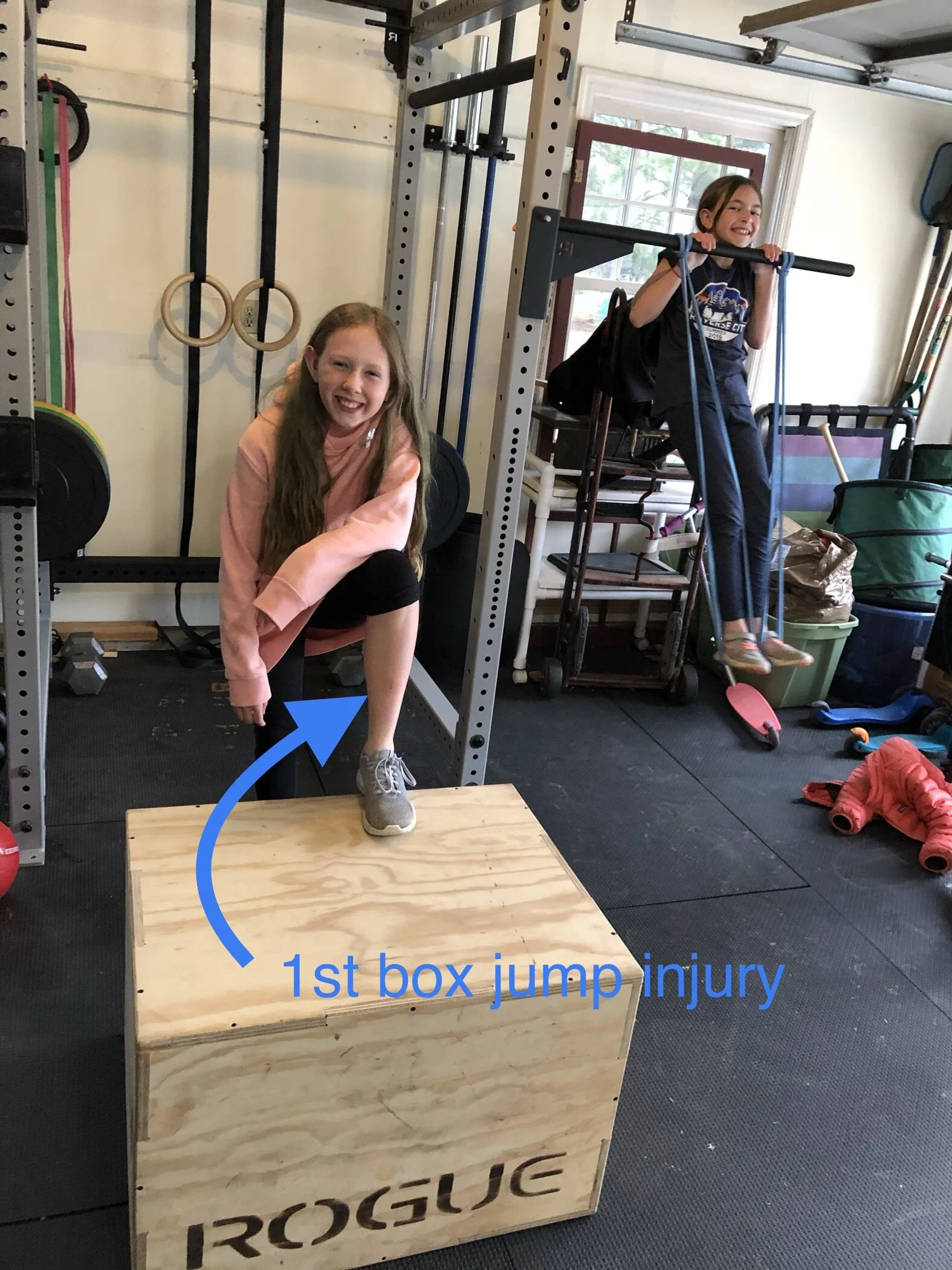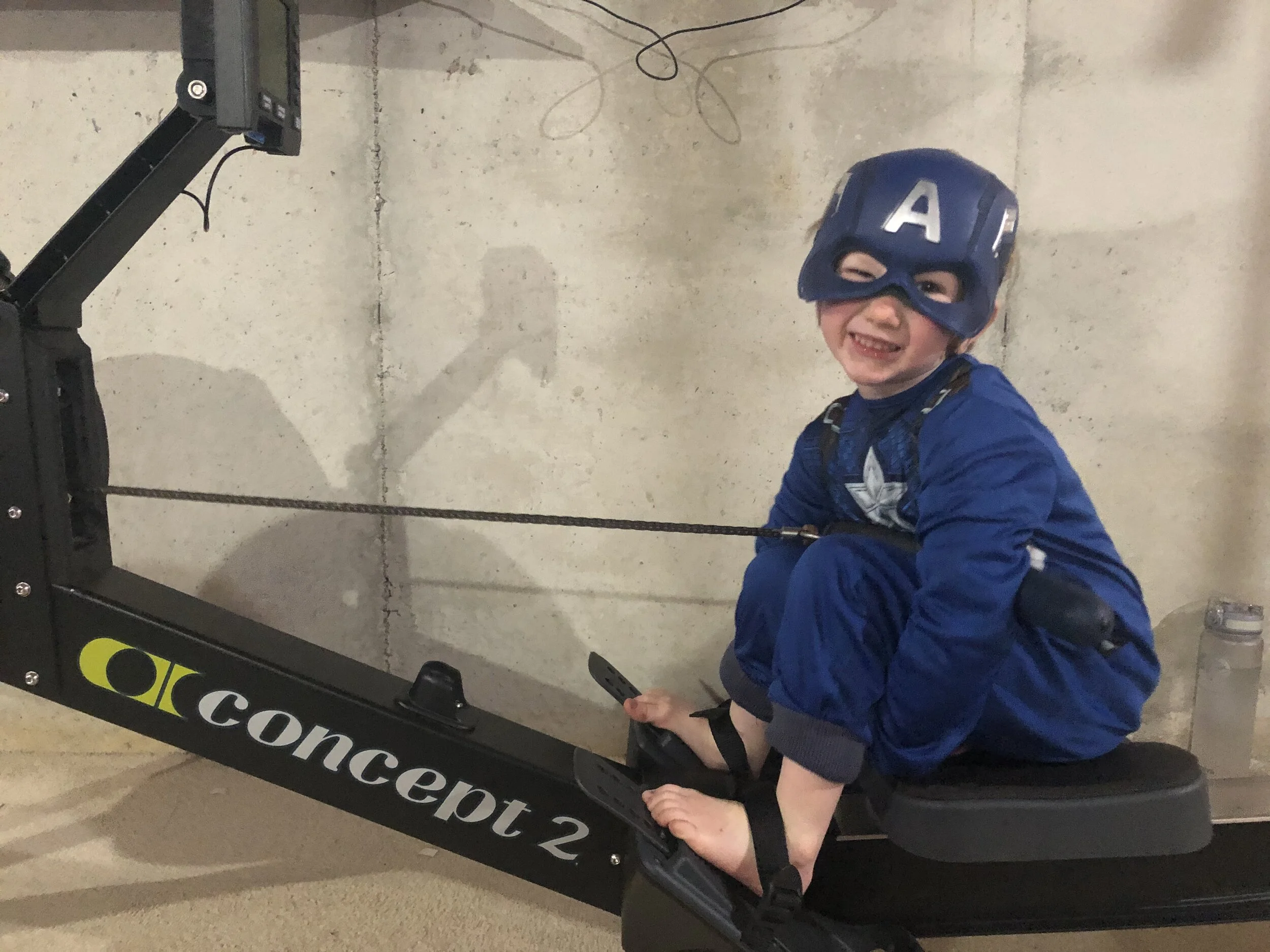
Heart Sound Recorder
You are invited to schedule a Heart Sound Recording.
Your heart is the most important muscle in the body. Every day it beats 100,000+ times, sending over 2,000 gallons of blood through 60,000 miles of blood vessels. To function optimally it is vital that the heart have the proper nutrition to maintain its correct rate, rhythm, and tone.
The Heart Sound Recorder is a computer-based low risk general wellness monitor which uses the principles of auscultation to observe heart sounds. During this non-invasive procedure a specialized microphone is placed over each of the four valve areas of the heart while graphing the sound. The heart’s reaction to certain stressors (chemical, nutritional, and emotional) can be observed using the heart sound recorder. Certain types of heart stress can be monitored by observing the Rate, Rhythm, and Tone of the heart cycle graph.
Did you know your nervous system controls the Rate at which your heart beats. The sympathetic side manages your “fight or flight” response and can accelerate your heart rate. The parasympathetic side manages your “rest and digest” response and can slow your heart rate. You need a healthy balance between the two.
The Rhythm of your heart is the work to rest ratio. Your heart should rest twice as long as it works.
The Tone of your heart refers to the strength of the ventricles as they push blood through your body. The “lub-dub” sound your heart makes on the graph shows how efficiently your heart is pushing blood through your body and refilling to prepare of the next cardiac cycle.
The Heart Sound Recorder can be an important tool in evaluating your overall health, and then in following the progress you are making when under wellness care. Making changes to your stress level, diet, lifestyle, and nutrition will provide you with grater endurance, ability to rest, and overall well-being.
In order to improve your wellness, I am offering heart sound recordings in my office to current patients for $35! Do not wait, call the office to schedule!
To your health!
Exercise
You got to move it, move it.”
I think you are a bit like me… ready to get back to our gym workouts! Because we are on “lockdown,” working from home, sheltering in place our workout routines have suffered. The slow down in our exercise can have detrimental effects to our mental as well as physical health. According to Harvard Health, “Many forms of exercise reduce stress directly, and by preventing bodily illness, exercise has extra benefits for the mind. Regular physical activity will lower your blood pressure, improve your cholesterol, and reduce your blood sugar. Exercise cuts the risk of heart attack, stroke, diabetes, colon and breast cancers, osteoporosis and fractures, obesity, depression, and even dementia (memory loss). Exercise slows the aging process, increases energy, and prolongs life.” Click on this link for the full article: https://www.health.harvard.edu/staying-healthy/exercising-to-relax
My favorite benefits of exercise are endorphin release and cortisol suppression. Not to bore you with neuroscience, but endorphins are “feel good chemicals” and cortisol is a “stress hormone.” Exercise increases ones endorphins (feel good) and decreases cortisol (stress) levels.
Today I am going to challenge you with some of my favorite exercises - push ups, pull ups, air squats, lunges, planking, sit ups, and step ups. These exercises can be modified to your fitness level and done anywhere. I have posted a video of me performing some of these exercises with my kids on my Facebook page https://www.facebook.com/drphealth - my kids keep me humble!
Good Skills! And please let me know how I can help you.
-Dr. John (dJP)
Stillness. Meditation.
Can you feel the increase in stress?
I know at my house there is more stress. Trying to figure out a schedule, keeping kids active, taking time for yourself, working from home, navigating the grocery store, and the list goes on!
I recently finished the book Stillness is the Key by Ryan Holliday. The big take away is we need to slow down, take more walks, and learn how to open our mind.
The Corona virus has forced us all to slow down. We are not rushing to sporting events, school events, or out to eat. Slowing down is very difficult, but possible.
What a great time of year to get outside walking. The weather is warming, birds are chirping, and the sun can be seen! I know there are more people walking as I am seeing new faces go by my house every day. To me walking has always helped get my ideas flowing and helped me relax.
Lastly, something which has helped me open my mind is meditation. Just this year I started my meditation practice, wow, what a difference! I use Dr. Joe Dispenza's water rising meditation. In the beginning it was challenging to slow down my thoughts. The longer I practice the more I get out of it. To help you get started I have made a simple meditation infographic. Please click the link below.
https://mcusercontent.com/5eac0a2dd37ae6368cf353af6/images/decd07ba-ad50-4f03-8d7e-7f62df216c22.png
Hope this gives you some tools to help manage stress!
-Dr. John
Gratitude
We are under a little more stress these days. The Corona virus and social distancing seem to be creating a lot of fear. I have noticed not as many people are smiling or saying hello. No handshakes, fist bumps, or hugs. Stress can sure beat us down! But, we can do things to help; to un-stress our system, to stay positive .
Gratitude journaling helps. It allows me to be grateful for the little things. Gratitude journaling helps mellow my stress, calms me down, and puts my attitude into perspective. Journaling takes only a few minutes each day - I prefer to do it in the mornings.
Here is what my journal looked like today:
April 7, 2020. Today I am grateful for: smoked chicken dinner, our yard, evening campfires, a good nights sleep, JohnMarcus (my 3 year old) dressed as Captain America, goofing around, being outside, our military, and sunshine.
Work on gratitude journaling this week. Stay focused, positive, low stress, and think of all the people we can help.
Here is a link to help you get started, a gratitude challenge:
http://gratitudechallenge.com/downloads/gratitude-calendar.pdf
Please let me know what you think and share your successes!
-Dr. John
P.S. - feel free to share this - it may save someones day.
What, eat more fat?
Let’s talk Fat! Did you know your brain is approximately 60% fat? If you are not consuming fats your brain health suffers. A lack of essential fats can affect memory, concentration, focus, and even cause depression. We have been told for years to eat low fat, but why? I think we have been led to believe eating fats will cause us to be fat.
Let me break down the FATS of life! A fallacy that has been created in dieting is EATING fat will make you fat. There are fats that are not good for us – partially hydrogenated oils, more commonly known as trans-fats. These fats (oils) are made through a chemical process - hydrogenation. Hydrogenation solidifies liquid oil to help increase shelf life and provide stability to the flavor. Hydrogenated fats are found in vegetable shortening, margarine, and most snack foods – cookies, crackers, and chips. Trans-fatscause a host of problems in your body. They interfere with your body’s ability to regulate cholesterol, they have been linked to heart problems, and type II diabetes! Because of the danger of these fats, the FDA is in the middle of a 3 year process to ban artificial trans-fats from our food supply!
While this is intimidating, really quite scary, I can help you find healthy fats. Essential Fatty Acids (EFAs) are unique because the body cannot manufacture these fatty acids. And yes, they are essential for good health. Essential fatty acids must be obtained through food or proper supplementation. There are two essential fatty acids know to be essential for human health: alpha-linolenic acid (an omega 3) and linoleic acid (an omega 6). These are found in food such as cold water fish, shellfish, flaxseed or linseed, freshly ground flaxseed oil, hemp seed, olive oil (extra virgin), soya oil, rapeseed oil, chia seeds, pumpkin seeds, sunflower seeds, green leafy vegetables, and walnuts. According to the American Heart Association, consumption of omega-3 fatty acids is correlated with a decreased risk of sudden death, a decreased risk of blood clots, decreased triglyceride levels, and improved arterial health!
Our family supplements with a lot of healthy fats. We take Standard Processes Tuna Omega 3 oil in the sunny months, and then switch to Cod Liver Oil in the winter. Cod Liver oil has naturally occurring vitamin D and coenzyme C10. I bulletproof our coffee - which is I blend in butter and coconut cream. We use a lot of grass-fed butter (Kerrygold brand) and cold pressed olive oil. We also supplement with Designs for Health KTO-C8 chews. These watermelon flavored chews provide us with 500mg of medium chain triglycerides.
Change is difficult. But, if you make one healthy change each week, it is amazing how your life is transformed. This week think about fats and how you can change your diet to eliminate trans-fats and incorporate more essential fats. I look forward to hearing about your success!
Dr. John





